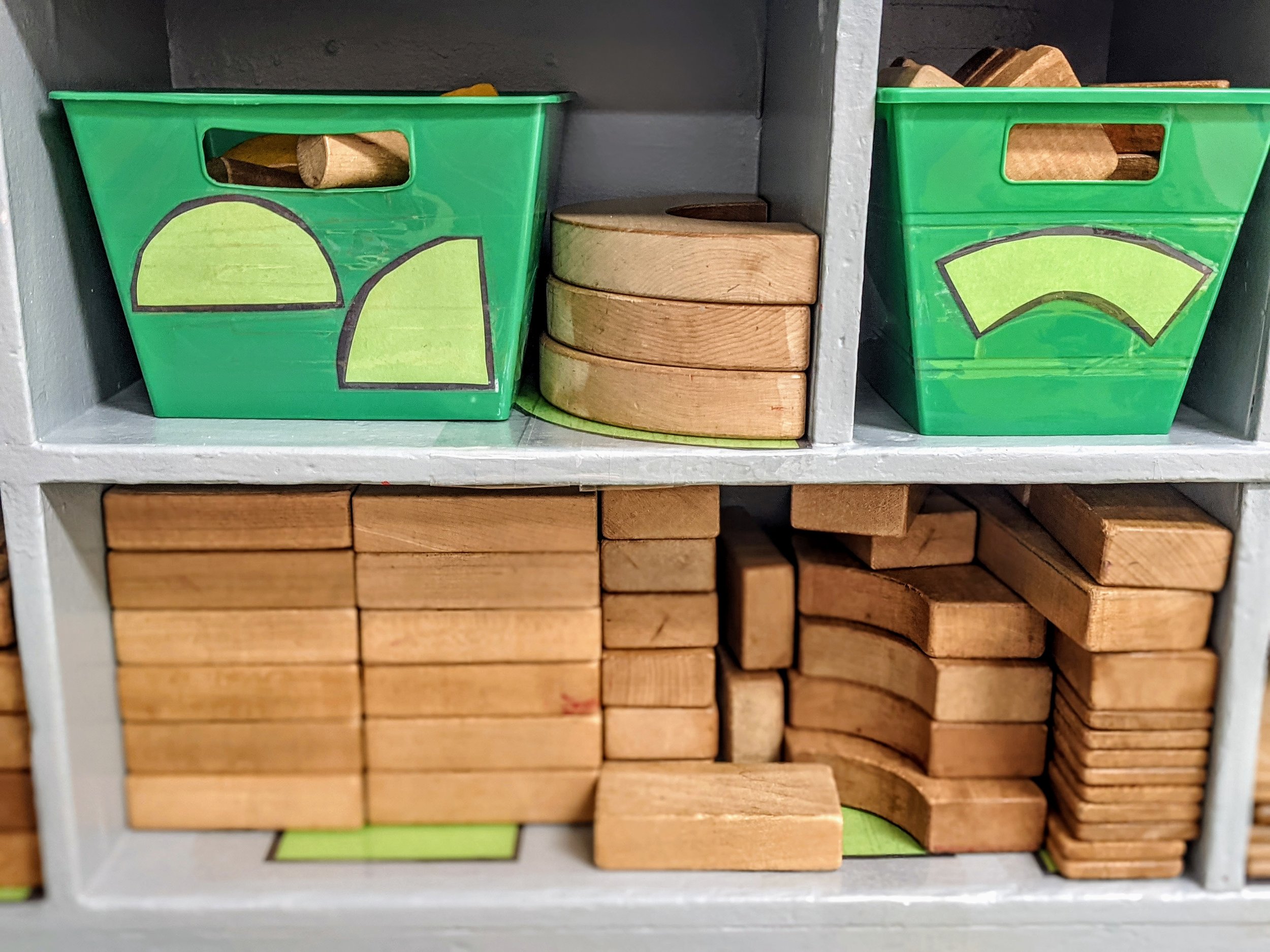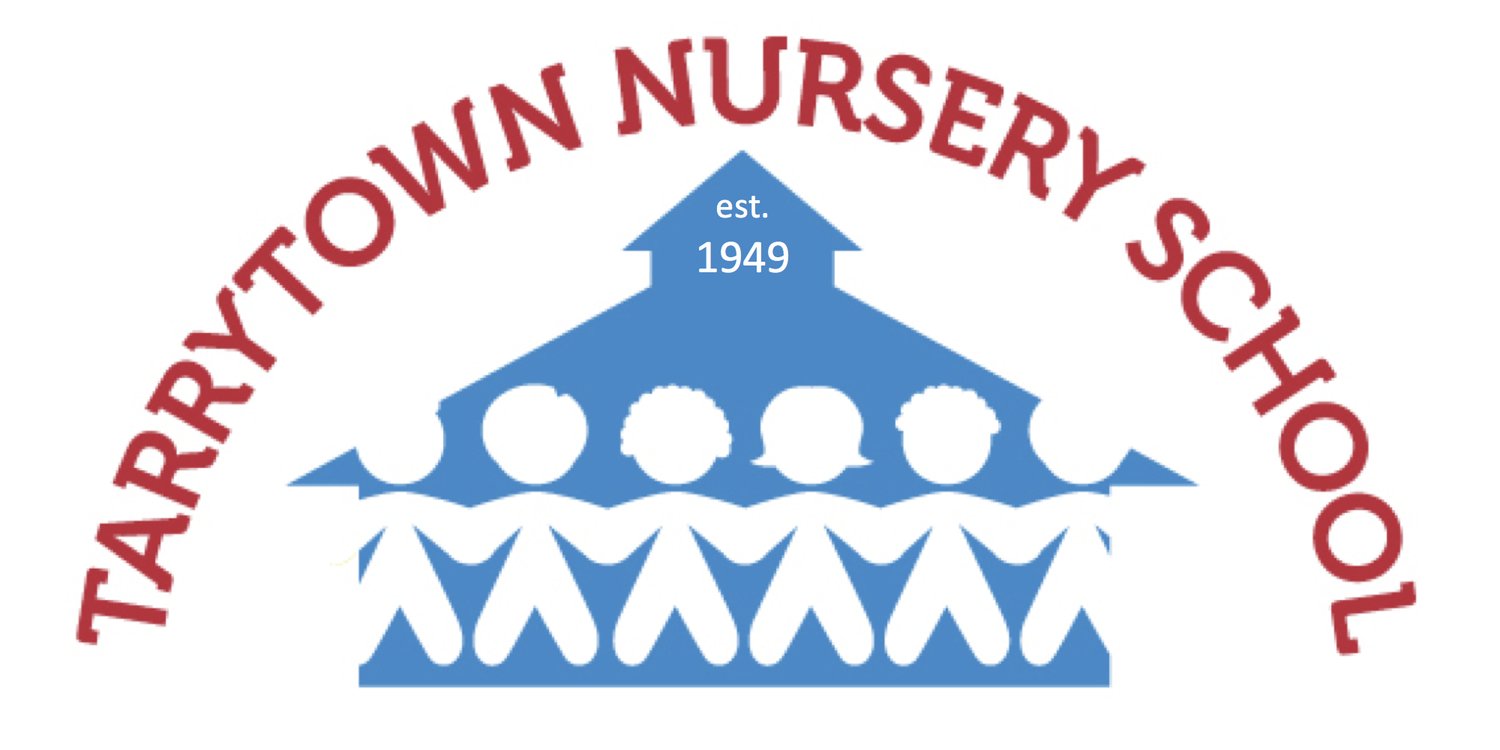
Our History
76 years ago (and counting)…
In the summer of 1949, eleven enterprising mothers undertook the organization of a play group on the Hackley School grounds, where they took turns watching the children once a week. This proved so successful that they continued at the Tarrytown Civic Center and grew to two classes. The school flourished and was chartered by the State of New York as a non-profit, co-operative school. In the fall of 1953, the school became an accredited member of the Cooperative Schools of Westchester and moved to the Pennybridge School. In true co-op fashion, all the moving was done by the parents! The school moved to temporary quarters due to a boiler malfunction, and you can guess who lugged all the equipment twice more!
As the school grew, new quarters were needed, and the Tarrytown Nursery School parents once again got to work, bringing us to the under-croft of Christ Episcopal Church in 1971 with the assurance that the school could continue its independent, non-sectarian status. In June 1976, the school was registered with the New York State Department of Education. In 1996, the school temporarily relocated to Ackerman Hall for 10 months to address some structural problems in the church and under-croft. Once again, the parents, with some paid help this time, moved back into the under-croft where we hope to stay for a long time! In March 2017, Tarrytown Nursery School obtained its New York State daycare license to run full-day and after care programs.
We continue to operate partially as a co-op under the auspices of the state Office of Children and Family Services (OCFS). The school is required to adhere to all OCFS guidelines and receives regular site visits from the agency to ensure state standards are consistently met. OCFS dictates requirements on all areas of daycare operations, including:
• proper staff-to-student ratios
• cleaning procedures
• updated medical and emergency record-keeping for all students
• attendance/illness/injury tracking and documentation
• safe practices in both indoor and outdoor school spaces
• staffing qualifications and training
• behavior management
• child maltreatment
• nutrition
• building and equipment safety

